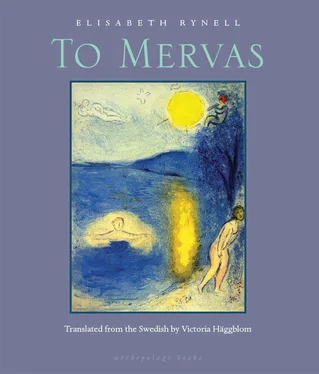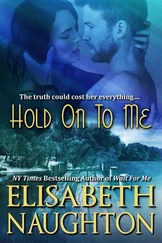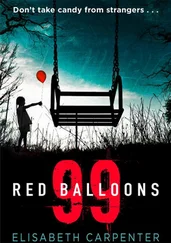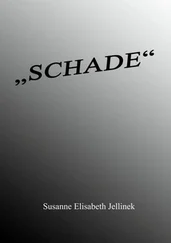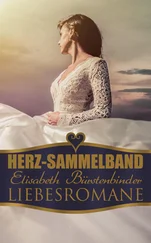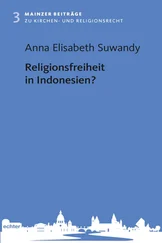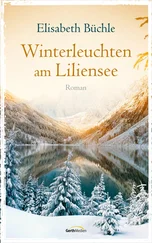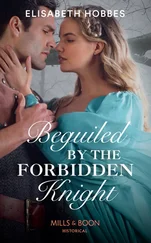I’m a coward. Please forgive me.
Your Kosti
Slept in the cabin. Had a terrible night. I lay in the lower berth of the bunk staring at the grainy, thin twilight inside the cabin. The light was a shivering gray specter whose warm, enveloping darkness had been taken away from it. My thoughts moved around in the room like anxious shadow animals, sniffing and listening. I almost thought I could see them flickering over the walls. Herds of fear ran down the slopes as if they were being hunted, being egged on by the thoughts and visions spinning in my head. The terror seemed to hatch in new places all the time, one vision after another appearing in long, painful sequences. And I had to keep looking at them; I couldn’t avert my eyes.
I’ve secretly longed for Kosti the way someone may long for the warmth of a nice bonfire. But the pleasant and warming fire turned out to be a dry roaring pyre, the kind of blaze that can set the very air on fire with its electrically charged flames. The fire I had sought out suddenly wasn’t tame at all, it was reaching for me with glowing arms, wanted to pull me into it, wanted to consume me. Standing there, unscathed and cool, Kosti smiled sweetly while trying to pull me into the flames.
“Do you want me to tell you about The Day?” he asked with a whisper, his voice so eerily intimate that it made me hate him.
That’s when I saw the cabin walls contract and expand around me like the inside of a mouth. I had to breathe or else I would suffocate. A loud moaning woke me — it was coming from my own mouth. I leapt out of bed, flung the door open, and ran outside.
The sky was vast above me. I took a deep breath. Exhaled. A streak of silky, thin gray fog covered the blue and in the northeast the sun was pumping its sheen through the thin layers of clouds. The light seemed so pale and mild and birdsong was everywhere like thousands of tiny stitches of invisible patterns.
I drank some water from the bucket by the door and then sat down on the stairs feeling at once heavy and relieved. Perhaps things weren’t so bad, I thought. It’s all inside me already, it is not even sleeping. Deep down in that dark city, no one dares to sleep. The vigil goes on there day and night, guarded behind glass and minutes, in seconds and in years. It’s all inside me, I thought. And actually, everything is already afterward, it has already happened.
It’s odd, but just then the final scene in Uncle Vanya came back to me. It was a TV version of the play that was aired when I was young; I think I saw it a couple of times. Lena Granhagen played Sonja and Toivo Pawlo the uncle. In the final scene they sit by their desks with big ledgers open. It’s quiet and almost unnaturally still in the room; only the rasping of their pens can be heard. All the ruined love and rebellion, the dreams that blossomed and withered, the burning humiliation and almost annihilating disappointment — all this was contained in the scene but as if under a lid, perhaps like a seed, a small capsule — completely saturated with what has been and is now over. It’s like an exhalation, a long, blubbering exhalation. It is the very image of afterward.
In actuality, I’ve probably always carried that scene with me, I’ve heard that kind of silence and seen them in front of me, how they sit there sighing, dipping the tips of their pens into the ink, their hopeless calculations. It’s so painful, yet there is also a sense of relief in the pain. The sense that it’s now over. It’s over and at the same time, it will continue. Neatly, it will be noted down under the right heading, be over and continue for all time.
As I write this now, I think of Lilldolly and what she said about finding peace. That the greatest, most important thing we have to do is to stay at peace with life.
I can’t write anything about Kosti’s letter. I can’t see my own thoughts through the muck and sediment that have been stirred up.
The day before yesterday, I had to go shopping. My provisions were getting low and I longed for fresh things, for produce, bread, and milk. It became an excursion, a jaunt to a foreign galaxy. The closest store is in Storsel, about twenty miles away, beyond many winding gravel roads.
But there’s actually no way to leave Mervas. Or, it shouldn’t be possible, shouldn’t be so easy. All I had to do was get in the car and drive away. It didn’t seem fair. It was like cheating on an exam. The whole deal, the entire agreement seemed rigged. To remain loyal, which is what I want, I can’t diverge from the path, can’t turn my gaze away. I have to keep looking. That’s the first commandment of my childhood: you have to keep watching. It’s strange that a child can understand such things. But I just knew that not to look was to abandon something. And I think that’s how I have to respond to my life now too, by not diverging an inch from the solemn and serious situation I’m facing. That’s exactly how I have to respond. It’s not about penance or mortification, but about honesty. Because I don’t want to abandon myself.
Yesterday it was the equinox. I ate some pickled herring and new potatoes that I’d bought. For dessert, I had Belgian strawberries that were so shiny and deep red, so large and well shaped, I almost doubted they were real. Later in the evening, I took a walk on the wide-open plain below the mining shaft. That place doesn’t seem quite real either. A poisoned, emerald-green fairy-tale landscape, a big, hyperrealistic painting to enter. But in some way, I’m still attracted to it, as to some lovely pasture, the dream of a better life. Then, I would graze there, be a grazing animal on the green earth, on the vast river of flowing green grass.
But once I was out there, I felt a little scared. The wind howled so forlornly, and I could see it moving through the rough, sparse grass like a wind spirit, a strange creature without a body, out hunting. For some reason, I feel less frightened if I can walk along water, so I started following a creek with copper-colored, dead shores that ran along the other side of the gorge. Thick copper sludge rolled up against the water’s edge and the water itself, which looked brownish red, also seemed unnaturally clear. It signaled danger; I didn’t even want to dip my fingers in it.
The world is empty, I thought as I walked along. Just that: the world is empty. Here, on these flayed, meat-colored shores, it becomes visible; here it becomes true. The world is empty. The words ran through me repeatedly, although I didn’t quite understand them. I didn’t even agree; a few yards from the creek, the bare soil turned into sparse, sheared grassland. I saw tiny birch saplings fighting for survival; no taller than the blueberry shrubs, they stood there sort of burnt, tormented, trying to grow. The world isn’t empty at all, I wanted to think, and it’s populated by life and rage. But I couldn’t snap out of the feeling of meaninglessness. It really wasn’t a judgment about the world as much as a sudden and very clear experience of it. A sensation that it’s empty and incomprehensible. It was exactly as I had once learned in school: light doesn’t exist by itself but only through the reflection of everything else. Some thoughts are puzzling. Sometimes they fall on you with a kind of clarity that disarms all your objections. The world is empty and incomprehensible, yet we still have to believe in it.
The sun was still high in the sky even though it was late and the light, twinkling so brightly in all the greenery and glittering in the water next to me, it made me squint. Around me, the forest undulated on its mountains like a ship at sea, light green where there were birches, dark green where there were pines, and nearly black where spruce grew. The ground crunched lightly beneath me, it was flat and even, easy to walk on, and I felt like walking all the way to where the plain and the valley ended.
Читать дальше
